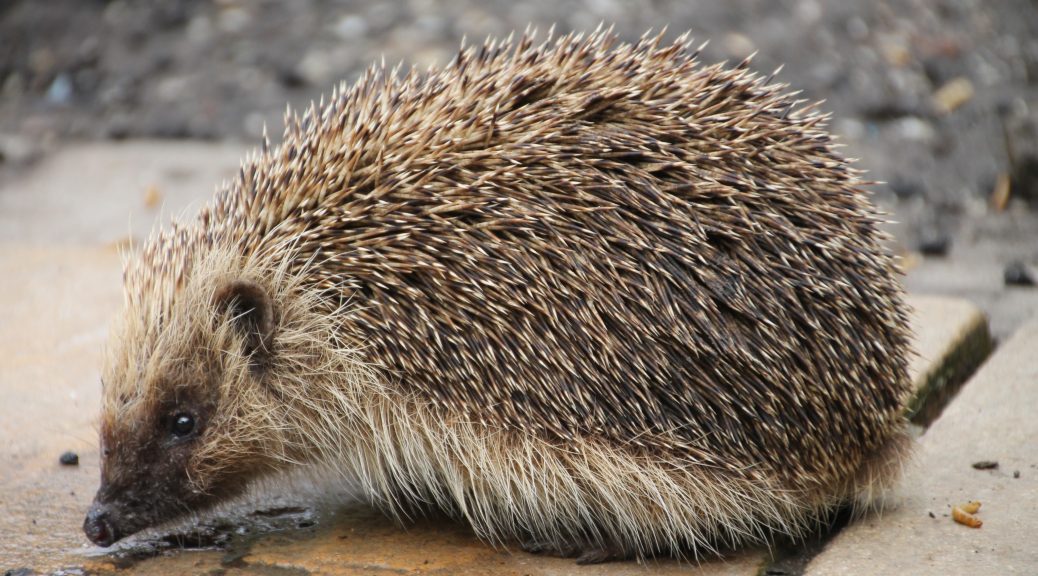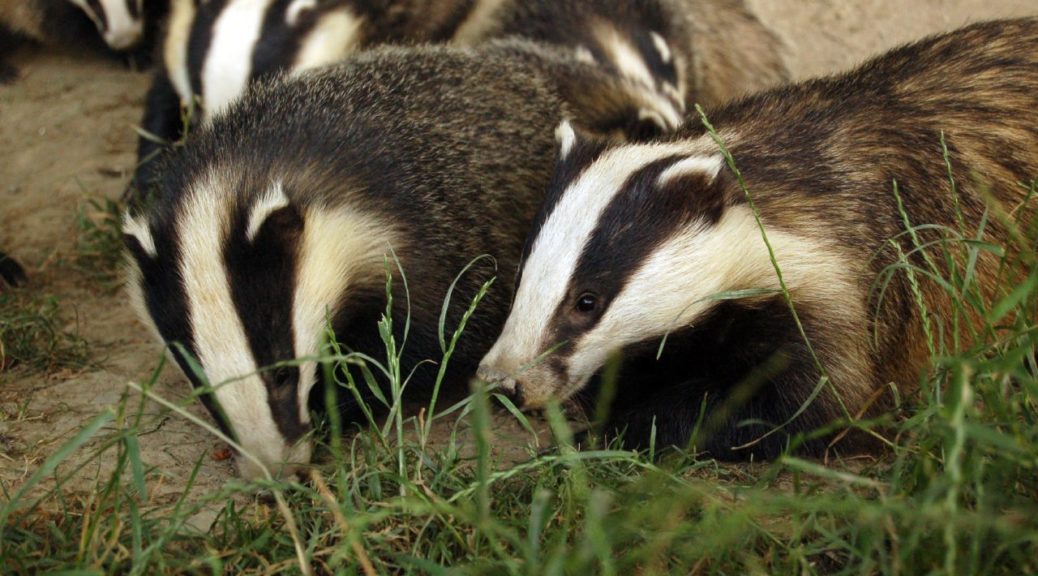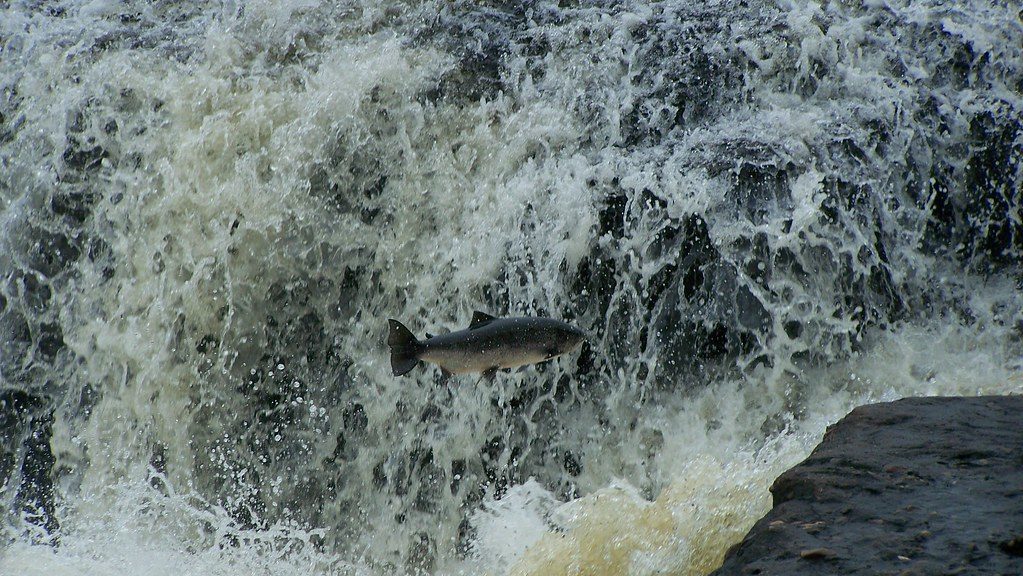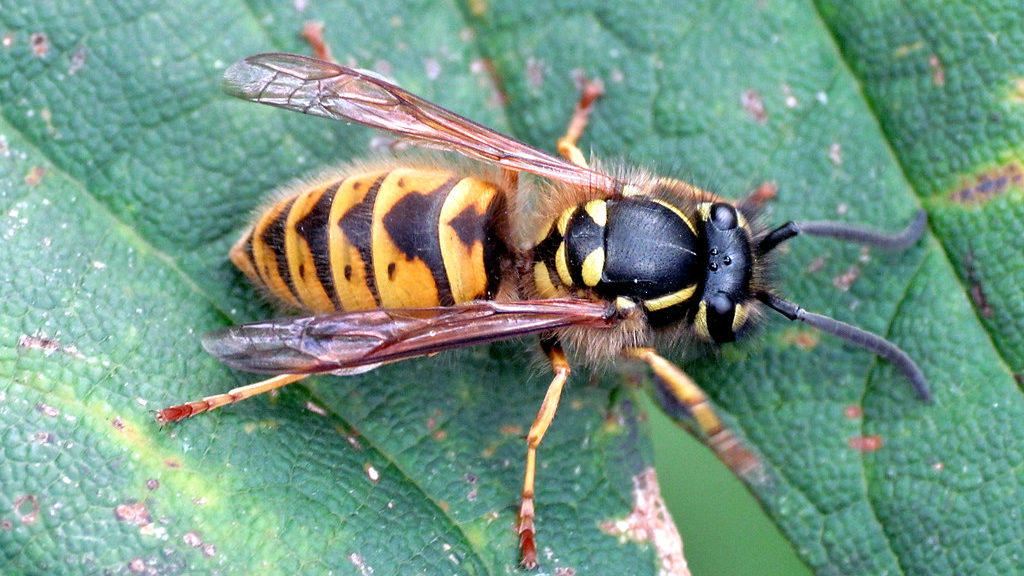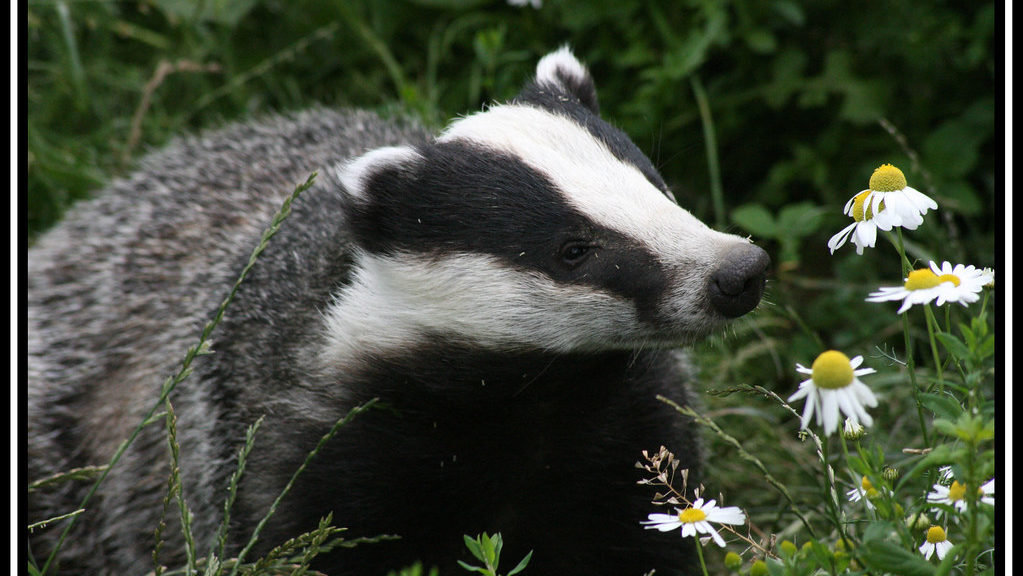The Guardian reports TB infections in cattle blight farms and cost taxpayers more than £100m a year in compensation payments. But scientists and conservationists oppose the cull, saying there is little evidence it is effective and is being badly run.
“The culls have expanded to unimaginable scales, covering an area larger than Israel,” said Prof Rosie Woodroffe, an ecologist at the Zoological Society of London, one of the team that conducted the earlier large-scale trial.“ I cannot understand why the government has permitted this massive expansion of badger culling, when it has not yet responded to the Godfray Review it commissioned and received nearly a year ago,” she said.“ The review concluded the government and farming industry were paying far too much attention to badger management, and far too little attention to cattle-to-cattle transmission, which is responsible for the majority of TB incidents in cattle.”
Photo by Tim Brookes under creative commons.

